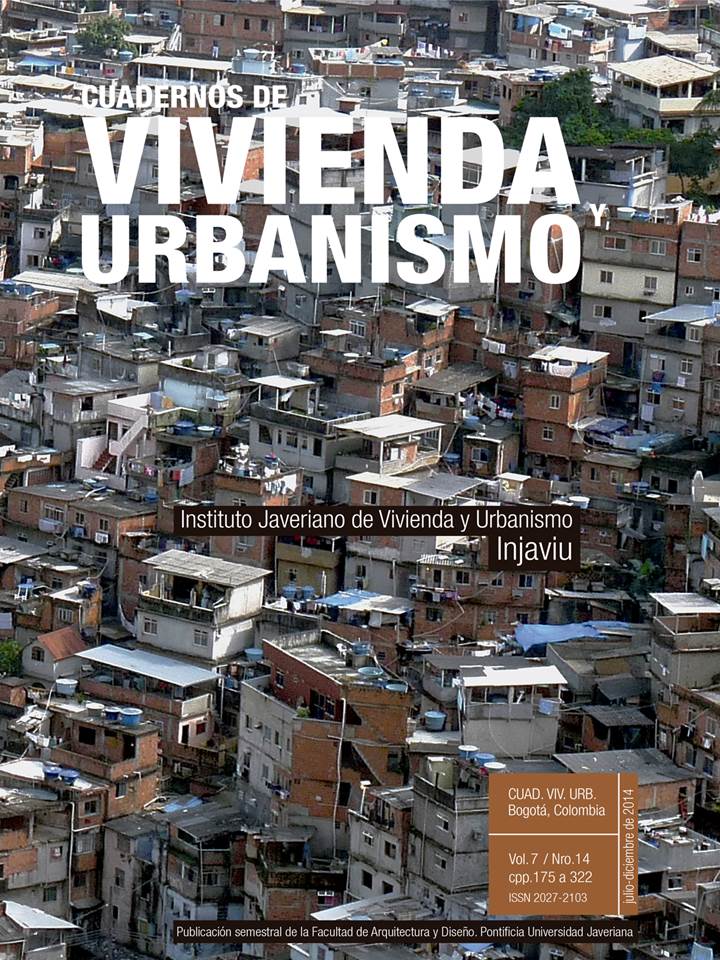Abstract
In this article we explore the features and particularities of some urban policies implementedin the Buenos Aires city´s south area in different and specific times of their socio-historical evolution, in order to realize the housing right to various social sectors. Todo this, we will examine the main features of the housing plans and programs that gaverise to two social housing complex located in the south area of Buenos Aires: the SoldatiComplex –a very big housing complex built in the ´70s– and the Nueva Pompeya Complex–a smaller housing complex built recently–. The article collects the ethnographicfieldwork that includes the inhabitants` sense constructs and their experiences.This journal is registered under a Creative Commons Attribution 4.0 International Public License. Thus, this work may be reproduced, distributed, and publicly shared in digital format, as long as the names of the authors and Pontificia Universidad Javeriana are acknowledged. Others are allowed to quote, adapt, transform, auto-archive, republish, and create based on this material, for any purpose (even commercial ones), provided the authorship is duly acknowledged, a link to the original work is provided, and it is specified if changes have been made. Pontificia Universidad Javeriana does not hold the rights of published works and the authors are solely responsible for the contents of their works; they keep the moral, intellectual, privacy, and publicity rights.
Approving the intervention of the work (review, copy-editing, translation, layout) and the following outreach, are granted through an use license and not through an assignment of rights. This means the journal and Pontificia Universidad Javeriana cannot be held responsible for any ethical malpractice by the authors. As a consequence of the protection granted by the use license, the journal is not required to publish recantations or modify information already published, unless the errata stems from the editorial management process. Publishing contents in this journal does not generate royalties for contributors.


